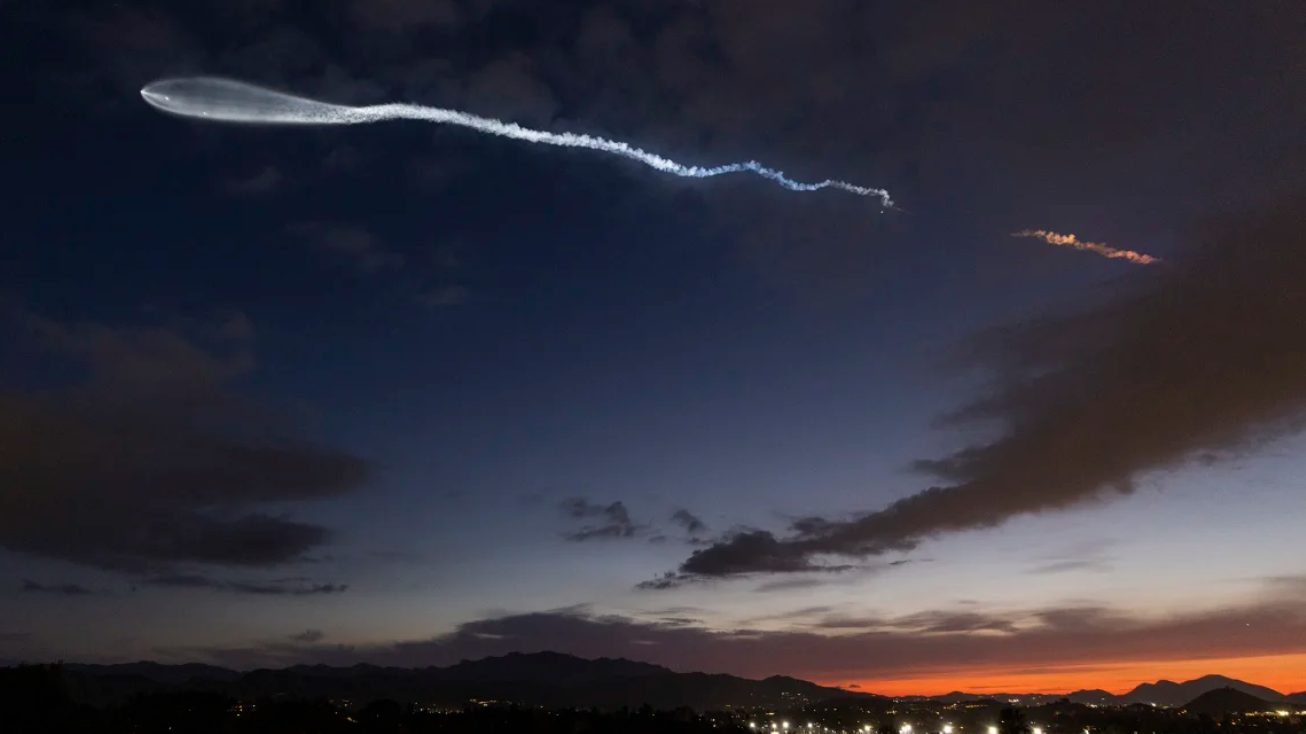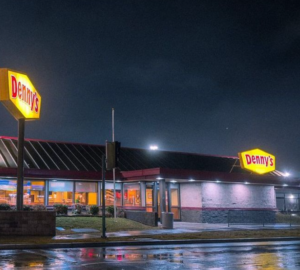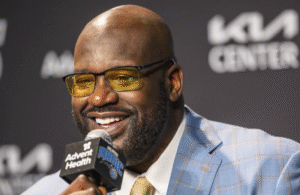The Federal Aviation Administration (FAA) has decided to use SpaceX’s Starlink internet system to enhance its information technology networks for managing U.S. airspace. This move has raised concerns about potential conflicts of interest, especially given Elon Musk’s involvement in government budget cuts and his leadership role in both SpaceX and a federal efficiency department.
While the size of the contract has not been disclosed, SpaceX, which is a privately held company heavily reliant on federal contracts—primarily from NASA—has made its Starlink satellite internet system available to both government and private customers worldwide. Critics have pointed out that Musk is actively working to reduce federal spending and staff, including cuts at agencies like the FAA, which he is now working closely with. This has sparked concerns over whether Musk’s influence in shaping federal budgets might present conflicts with his business interests.
Musk, a notable supporter of former President Donald Trump, is heading the Department of Government Efficiency, pushing for cuts in federal staff in the name of reducing waste and fraud. As part of the collaboration with the FAA, Musk is overseeing Starlink’s use to test and upgrade communications systems. The FAA recently revealed it is testing one Starlink terminal at its Atlantic City, New Jersey facility and two others in Alaska at “non-safety critical sites.”
The need for such upgrades is clear: a December report by the Government Accountability Office warned that the FAA’s systems are aging and in desperate need of modernization. Following a fatal accident involving a military helicopter and a regional jet near Washington, D.C., Transportation Secretary Sean Duffy spoke with Musk, discussing his role in rapidly modernizing U.S. airspace.
Despite the contract with Verizon to help upgrade FAA systems, Musk criticized their technology, claiming it was putting air travelers at risk and pointing to Starlink’s superior reliability. Musk’s businesses are not only overseen by the FAA and NASA but also by other federal agencies like the National Highway Traffic Safety Administration, the Securities and Exchange Commission, and the National Labor Relations Board. Over the years, Musk has often clashed with these regulators, but his businesses have also benefitted significantly from various government programs, including early financial support for Tesla through low-interest loans and tax credits for buyers of electric vehicles.
Musk’s ventures extend into space exploration, where he has contracts with NASA and a private space mining company, AstroForge, which is planning an asteroid flyby. Legal experts, like University of Minnesota law professor Richard Painter, have warned that Musk’s role in space exploration could create additional conflicts of interest, particularly if space mining becomes a major business opportunity. Painter called for Musk to publicly disclose his financial interests, arguing that his current “special government employee” status is insufficient to prevent conflicts of interest.














